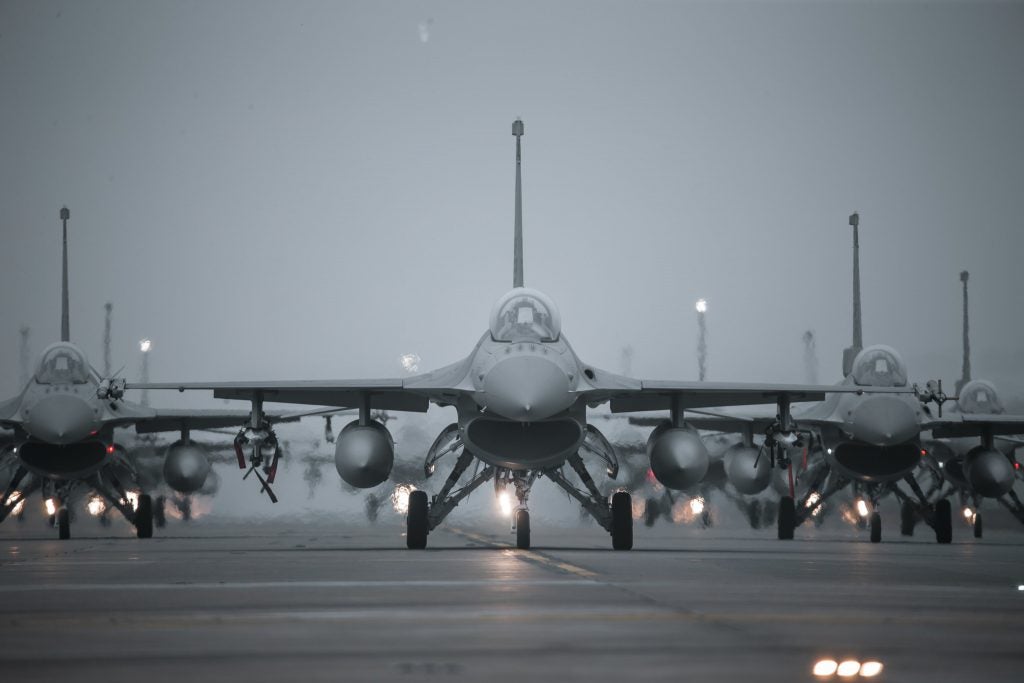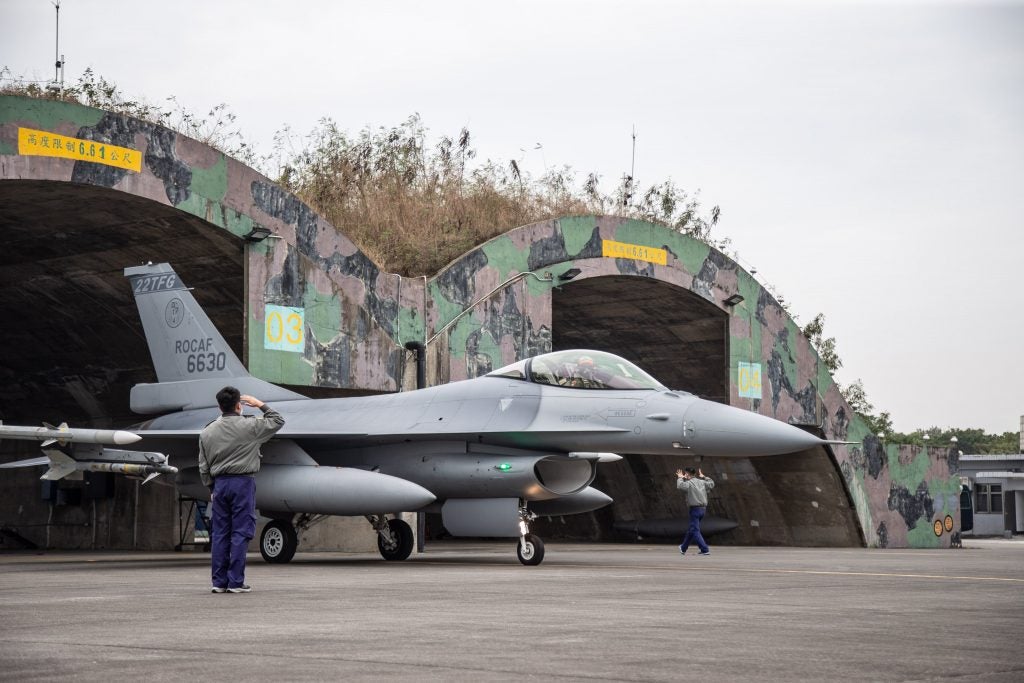Pilot Confirmed Deceased Following Taiwanese F-16V Training Crash
Taiwanese authorities have confirmed that human remains found during search and rescue efforts following the crash of a Republic of China Air Force F-16V off Taiwan’s southwestern coast on January 11 are those of its pilot, Captain Chen Yi.
Chiayi County Chief Prosecutor Tsai Ying-chun told the Central News Agency late on Friday that DNA testing had positively identified remains recovered the day before as belonging to the 27-year old captain. The test had been conducted using a sample taken from Chen’s mother. Traditional funerary rites for the captain were carried out by his family over the weekend, with the ROCAF to hold a formal memorial ceremony at a later date.
Following the recovery of multiple pieces of aircraft wreckage and personal equipment from the crash site, two civilian sand dredgers arrived at the crash site on Monday to clear mud and sand from the crash site. The ROCAF has contracted the dredgers to assist in recovery efforts for the F-16V’s wreckage, in particular recovery of its black box and cockpit systems.
The crash occurred during an air-to-ground gunnery training mission at a range off Taiwan’s southwestern coast. The pilot of another F-16V on the same mission, range staff and other eyewitnesses saw the F-16V crash into the sea at a steep angle, near one of the range targets. In a press conference following the crash on January 11, Air Force Major General Liu Hui-chien said that none of the witnesses saw signs of an ejection. He added that there were no distress calls made as the microphone transmitter had been “held down”, something he noted to be unusual.
Chen had participated in the mission as part of conversion training for the F-16V, with 62.2 flight hours accumulated on the F-16V at the time of the crash. He had 324.05 flight hours in total at the time of the crash, including time on the F-16V. The F-16V destroyed in the crash, tail number 6650, had accumulated 3,415.05 flight hours by the time of the incident, with 401.4 hours since its upgrade.

In addition to the launch of an investigation into the incident, all ROCAF F-16Vs will undergo safety inspections following the crash, with all training involving the aircraft to be paused for the duration of the checks. An official that spoke to the Central News Agency on terms of anonymity said that the F-16Vs will be allowed to return to regular operations as soon as January 27, depending on progress.
Major General Liu said that while the ROCAF F-16Vs are to be equipped with an Automatic Ground Collision Avoidance System (Auto-GCAS) as part of their upgrades to V specification, none of the Vs in service are currently equipped with the system. According to him, the Auto-GCAS system to be implemented on the aircraft is still undergoing manufacturer testing. An ROCAF spokesperson has since stated that Auto-GCAS installation is expected to begin in November 2023, with the work to be carried out in Taiwan.

